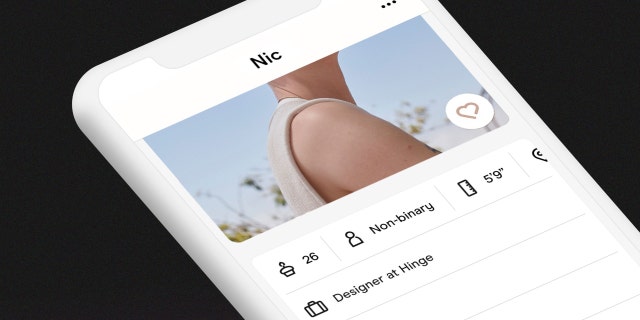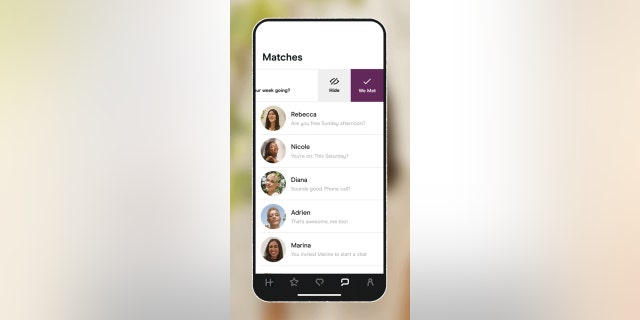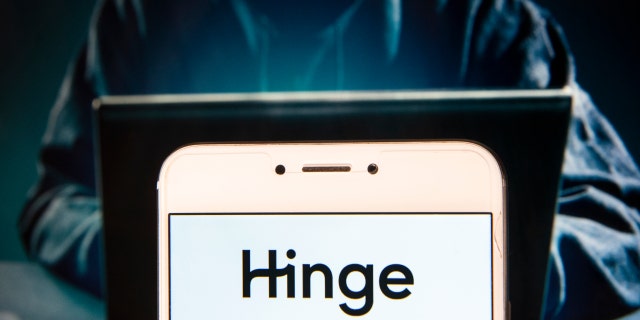The popular dating app Hinge is rolling out "Selfie Verification" in an effort to help confirm the authenticity of its users.
The tool uses a combination of technology and human moderators to compare profile photos with a video selfie taken in real time within the app.
After the selfie is captured, facial recognition technology compares facial geometries to photos on the user's profile,
Facial geometry data is deleted following verification, usually within a period of 24 hours.
TECH TIP: HOW TO QUICKLY FIND AND SEARCH PHOTOS YOU'VE SENT
Once the selfie is confirmed, a "Verified" badge is added to the user's profile.

To detect fraud, machine-learning technology is in place and Hinge has trained content monitors.
For example, there are automatic scans of profiles for red-flag language and images, device fingerprinting and photo hashtags, and manual reviews of suspicious profiles, activities and user-generated reports.

BEREAL TAKES OFF: NEW SOCIAL MEDIA APP IS CONSIDERED 'ANTI-INSTAGRAM'
Hinge also blocks email and IP addresses as well as other identifiers associated with known bad actors.
"At Hinge, our team utilizes a series of AI and machine learning tools that proactively remove potentially fraudulent accounts before a user ever sees them or before harm can occur. We also continuously invest in innovative technology and moderation tools to help prevent and disrupt potential harm," a Hinge spokesperson told F. "Next month, Hinge is rolling out Selfie Verification globally as an additional step to help users confirm the authenticity of profiles."

HONG KONG, CHINA - 2018/12/02: In this photo illustration, the online dating app Hinge logo is seen displayed on an Android mobile device with a figure of hacker in the background.
((Photo Illustration by Miguel Candela/SOPA Images/LightRocket via Getty Images))
Selfie Verification will be available to all users in December.
Wired reported on an increase in fake Hinge accounts. The outlet said a Match Group spokeswoman confirmed photographic verification would be coming to Hinge, OKCupid and Match.com in the coming months.
According to the Federal Trade Commission, reports of romance scams hit a record $547 million in 2021.
Sci Tech


